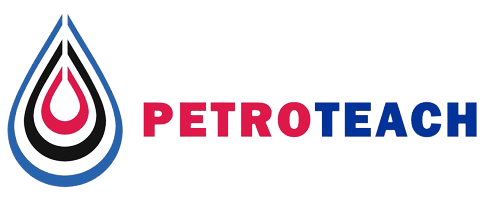CCS 800
Carbon Capture, Utilization and Storage
This course provides participants with a comprehensive knowledge of and their application in CCUS. The course is field study based. It presents introduction, economics, site selection, risk and design of measurement, monitoring and verification (MMV). Participants will learn how to objectively evaluate CCUS projects both outside of simulation modeling and using simulation modeling that has been done to the feasibility phase of CCUS projects.



